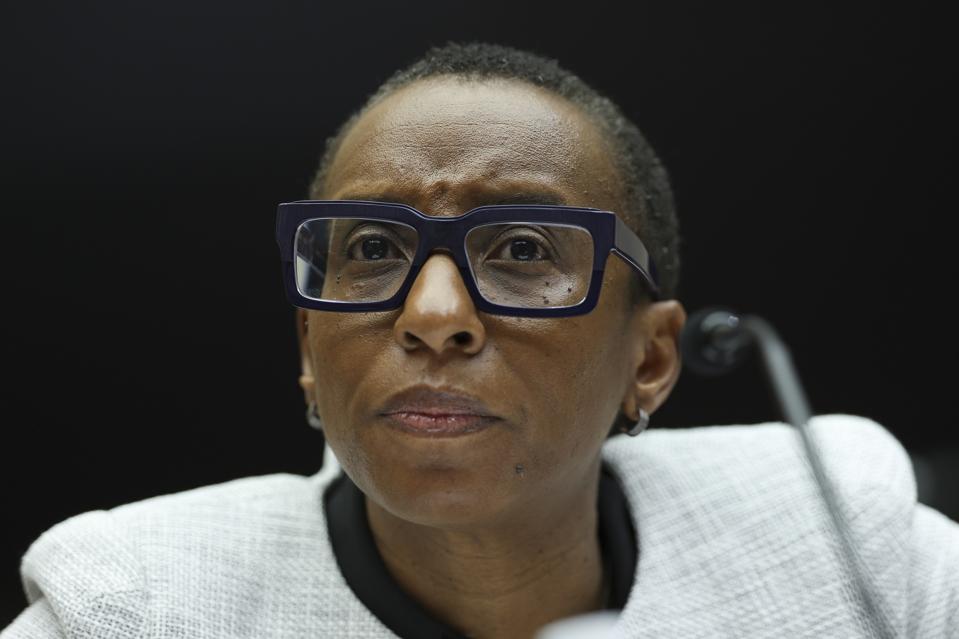The resignation of Harvard President Claudine Gay marks a rocky start to the new year, following on the heels of 2023, a year filled with contention, bad press, and internal dispute within Ivy League universities.
Calls for Gay’s resignation reverberated after her slow response to the October 7th Hamas attack and subsequent ideological clashes on Harvard’s campus garnered widespread criticism. This criticism reached a fever pitch after contentious congressional hearings, in which President Gay was questioned alongside Elizabeth Magill, then-President of the University of Pennsylvania, and Sally Kornbluth, President of the Massachusetts Institute of Technology. Elizabeth Magill announced her resignation in December, shortly after the hearings. In recent months, Gay has also been plagued with plagiarism accusations, initially stemming from right-wing critics. On December 12th, the university acknowledged that after review of three publications, Fellows found “instances of inadequate citation.”
The upheaval in university leadership at both University of Pennsylvania and Harvard comes as both universities are striving to rehabilitate their public perception following heavy criticism throughout 2023. The prestigious universities seeking to reclaim the faith of both high-income donors and the general public are beginning an uphill battle, as the events of 2023 and the first week of 2024 have marked historic lows. Here are the three biggest news stories that rocked the Ivy League in the last year:
In June, the Supreme Court dealt a definitive blow to the Ivy League and other prestigious universities by banning the use of race-conscious admissions. Affirmative action had historically been a means by which the Ivy League sought to diversify student bodies, and in the wake of the decisions, the racial and socioeconomic makeup of incoming classes has been a source of concern. The decision—and oral arguments that preceded it—brought significant public scrutiny to the university’s history of race-based admissions as well as its ongoing reputation for elitism and selectivity.
Even as the end of affirmative action made waves throughout higher education, Ivy League universities continue to cling to the more widely criticized consideration of legacy admissions, a practice that many believed would be retired after the end of affirmative action. Though 75% of Americans believe that an applicant’s legacy status should not be a factor in admissions decisions, Ivy League universities continue to insist on its importance, even as Harvard faces an investigation by the Department of Education over its use.
In addition to administrative shake-ups and widespread criticism, ideological clashes over the conflict in the Middle East have also led to donor crises at many Ivy League institutions. Many high-profile donors have threatened to pull support over institutional responses that they deem insufficient, and the looming threat of financial consequences likely influenced the ousting of both Magill and Gay.
These controversies have had an undeniable impact on prospective students’ and their families’ interest in these elite universities, as well as the way in which Ivy League schools are framing their early application cycles. Some Ivy League schools have continued not to publish early admissions data, seeking to shed the stigma associated with ever-shrinking acceptance rates. Harvard, meanwhile, noted an uptick in their early admissions rate, following years of plummeting numbers. With the departures of Gay and Magill, the Ivy League appears poised for yet another shakeup—hopefully, the institutions can shed the tension and scrutiny that has followed them into 2024 thus far.

